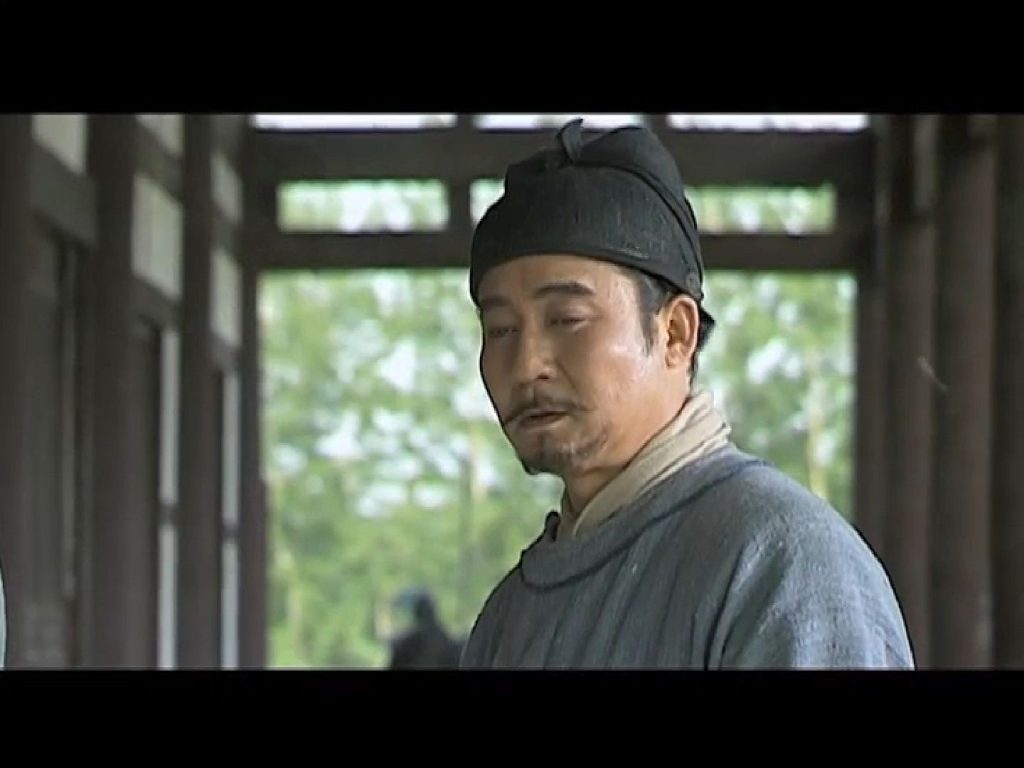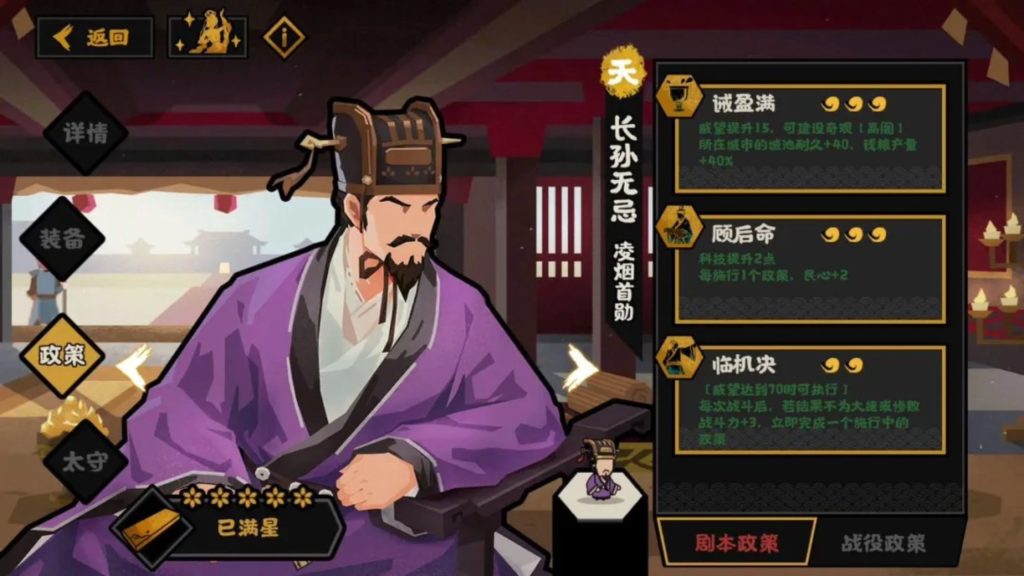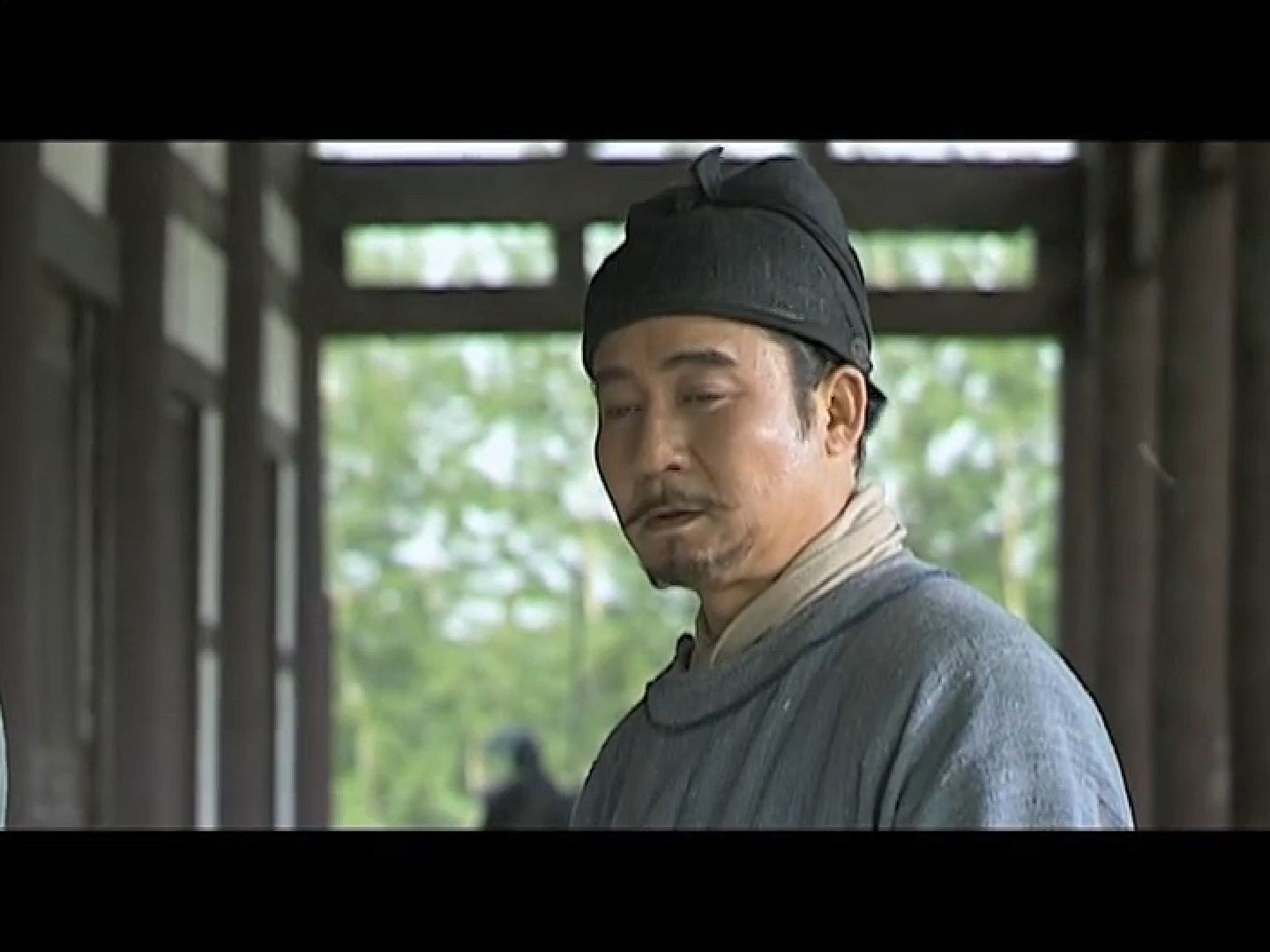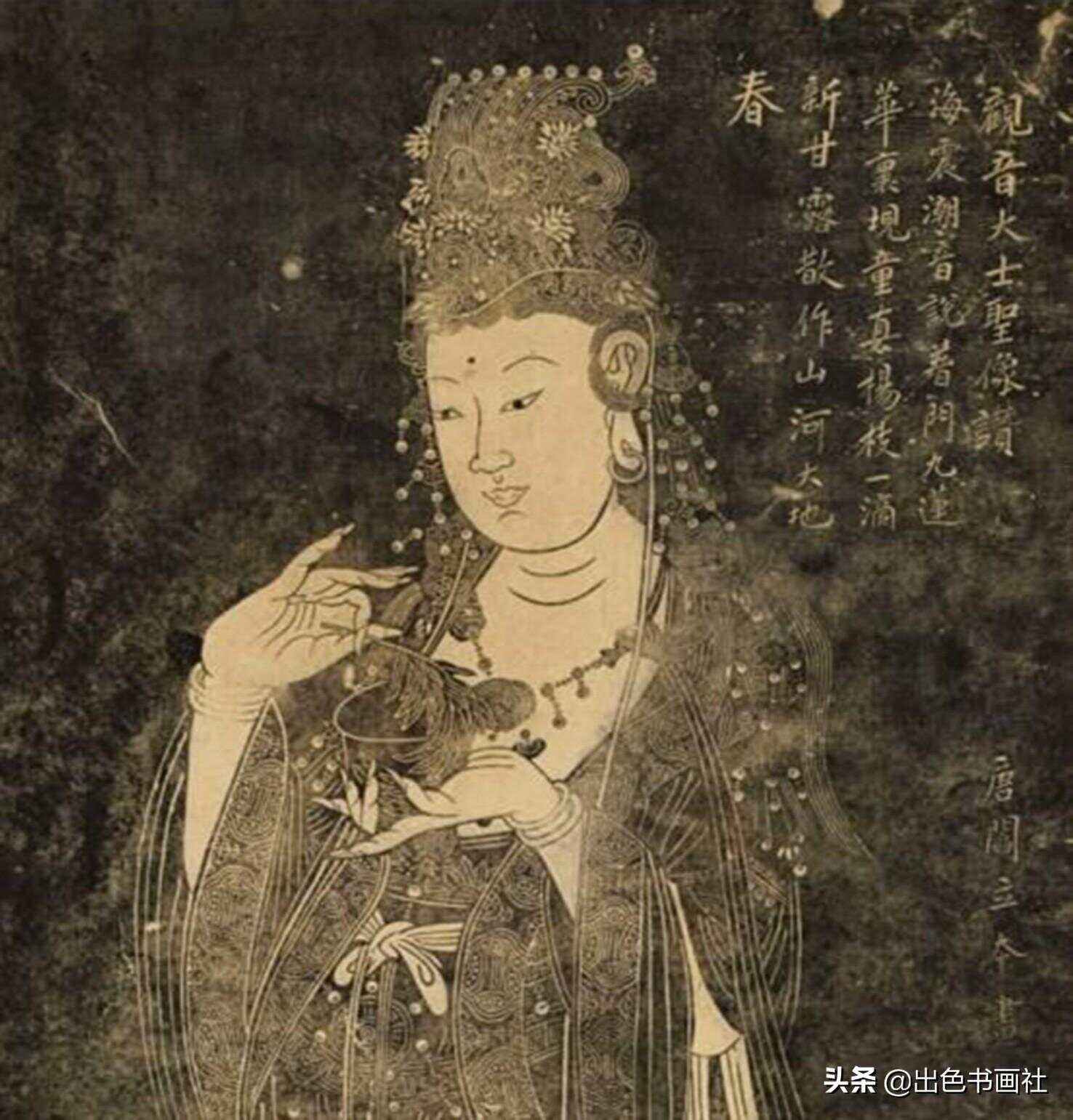For those who are interested in the funeral of Zhu Yuanzhang, the History Encyclopedia editor brings a detailed article for your reference. After the Tang Dynasty, the sacrificial burial system was almost abolished. Why did Zhu Yuanzhang revive the trend of sacrificial burial after establishing the Ming Dynasty? How did Zhu Yuanzhang consider it?

The first reason, which everyone should be able to think of, is because Zhu Yuanzhang was superstitious. What kind of superstition? Like many ancient feudal rulers, Zhu Yuanzhang also believed that after death, the soul cannot be extinguished and one can live in another world. So in order to maintain his luxurious lifestyle during his lifetime, Zhu Yuanzhang not only had to bury gold and silver utensils, but also had his concubines who served him accompany him to another world.
Of course, those who were buried were not just concubines. In addition to the sacrifices of concubines, there were also many palace officials who sacrificed themselves for Zhu Yuanzhang. The “palace officials” here were mainly eunuchs. So how many people did Zhu Yuanzhang have sacrificed for him? According to historical records, there were probably multiple people, including 41 concubines.
These people who are going to be buried will be locked up when their fate is determined to prevent them from escaping. After all, no one wants to die. People with high status, such as high-ranking concubines, will have a dedicated isolation room; People with low status, such as palace maids, eunuchs, and some high-ranking concubines, are simply locked up together. When the time is up, send them on their way. The most common method is to pour water with silver, because people believe that mercury can prevent the decay of corpses.

The second reason is that Zhu Yuanzhang had a serious sense of crisis regarding “women’s troubles” and “women’s pets”. In order to prevent the empress from interfering in the new imperial government, he simply let them go together. After establishing the Ming Dynasty, Zhu Yuanzhang began to summarize his experiences and lessons in order to ensure the longevity of his dynasty. He believed that the downfall of the Yuan Dynasty was due to the inability of the emperors at the end of the Yuan Dynasty to strictly manage and regulate the palaces, resulting in the connection between the imperial harem and the previous dynasty, and the complete disappearance of ritual and law.
So Zhu Yuanzhang established the family law of “the empress dowager does not interfere with politics” and ordered people to revise the “Female Precepts” to educate the harem. And strictly customized a series of policies for “strict internal education”, such as not being able to marry ministers, but using “talent selection” to enrich the harem. In addition, the empress dowager belonged to the elders of the new emperor in terms of etiquette and law, which could easily influence the politics of the new emperor. Therefore, they were sacrificed and buried once and for all.
The reason why Zhu Yuanzhang had eunuchs buried is the same as the reason why he had concubines buried. After all, as the closest eunuchs to the emperor, eunuchs inevitably have power, even greater than some officials from previous dynasties. In order to prevent eunuchs from colluding with the previous dynasty and affecting the government, they also had to be buried. As the saying goes, ‘one emperor, one courtier’, this is the image in this situation.
The third reason is that Zhu Yuanzhang was influenced by the ideas of the Mongol Empire. In the early days of Mongolia, there was a phenomenon of human sacrifice in the funeral of the Mongol Khan. In the Yuan Dynasty, there were also cases of nobles being buried by slaves after their death. Therefore, it is not surprising that Zhu Yuanzhang was influenced by the Mongol Empire.
Of course, some scholars do not agree with this third reason, because although the Yuan Dynasty imposed excessive taxes and levies, it was actually popular to have “thin burials”, and there were not many cases of people being buried as martyrs. Both of these opinions are supported by historical records, and it can only be said that it depends on which statement people believe.
Do you now understand why Zhu Yuanzhang reopened the system of sacrificial burial? To a certain extent, he was indeed more cruel than previous emperors, after all, there were cases of harem interference in politics in every dynasty. However, from the perspective of Zhu Yuanzhang, his actions were indeed good, as there were very few cases of imperial harem interference in politics during the Ming Dynasty. Carrying a certain amount of blame can make the court stable. Ignoring the limitations and cruelty of thinking on this matter is admirable.



